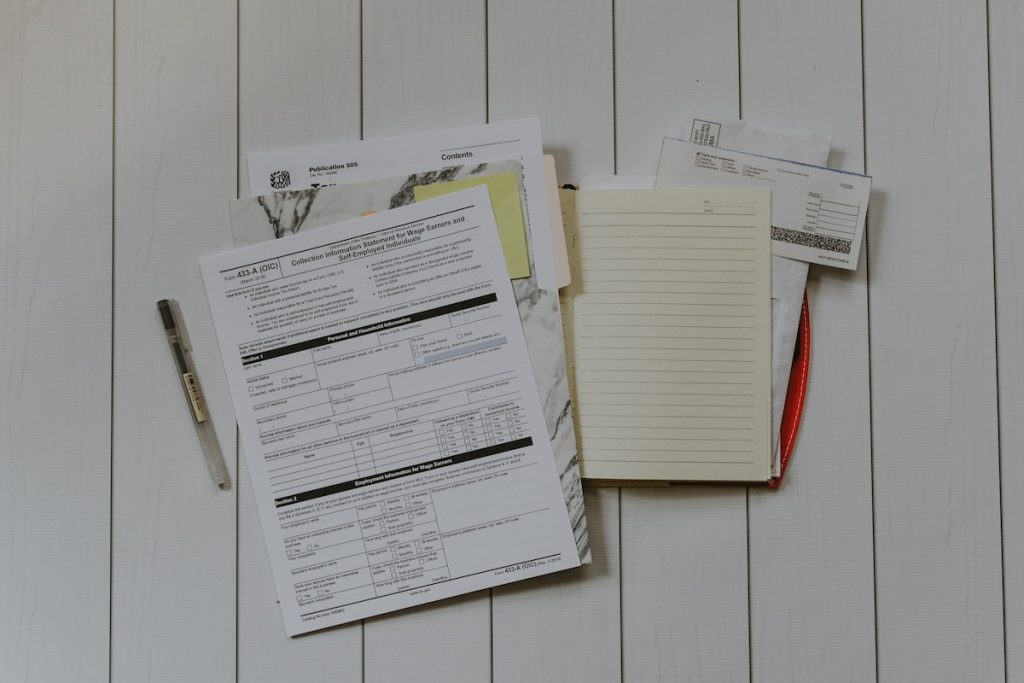Are you ready to uncover the mysteries behind skills audits?
What Exactly is a Skills Audit?
First things first, let’s break it down. What is a skills audit? A skills audit is like taking inventory of your skills and abilities. It’s a structured process of assessing and evaluating what you’re good at, what areas you could improve on, and where you might need additional training or development.
Why Does it Matter?
Think of your skills as the tools in your toolbox. Just like a carpenter needs the right tools to build a house, you need the right skills to excel in your career. A skills audit helps you identify which tools you already have and which ones you need to acquire or sharpen. It’s all about staying relevant, competitive, and adaptable in today’s ever-evolving job market.
The Purpose of a Skills Audit
Self-awareness and Personal Development
One of the primary purposes of a skills audit is to gain self-awareness. By taking stock of your skills, strengths, and weaknesses, you can make more informed decisions about your career path. It’s like looking in the mirror and seeing yourself clearly – flaws and all. From there, you can create a roadmap for personal development and growth.
Career Planning and Goal Setting
A skills audit is also instrumental in career planning. Whether you’re aiming for a promotion, considering a career change, or just want to level up in your current role, knowing your strengths and areas for improvement can guide your decisions. It’s like plotting your course on a map – you need to know where you are and where you want to go.
Organizational Effectiveness
On a broader scale, organizations also conduct skills audits to assess the collective capabilities of their workforce. By understanding the skills gap within their teams, employers can tailor training programs, recruitment strategies, and succession planning initiatives to meet their business objectives. It’s like optimizing the engine of a well-oiled machine – each part needs to be in sync for peak performance.
The Process of Conducting a Skills Audit
Now that we’ve covered the why let’s talk about the how. The process of conducting a skills audit can vary depending on the context – whether you’re assessing your own skills or those of a team or organization. Here’s a general overview:
1. Define the Purpose and Scope
Before diving into the audit, clarify why you’re doing it and what you hope to achieve. Are you looking to identify training needs, assess job performance, or plan for future growth? Define the scope of the audit to ensure you’re focusing on the right areas.
2. Identify Key Skills and Competencies
Next, make a list of the skills and competencies relevant to the context of the audit. These could include technical skills, soft skills, leadership abilities, and industry-specific knowledge. Be comprehensive but also realistic – you don’t need to assess every skill under the sun.
3. Gather Data
Once you have your list, gather data to assess the current proficiency levels of each skill. This could involve self-assessment, peer evaluations, manager feedback, performance reviews, or even skills assessments conducted by external providers.
4. Analyze the Results
Once you have collected the data, analyze it to identify patterns, trends, and areas of strength or weakness. Look for gaps between the skills you have and the skills you need to achieve your goals.
5. Develop an Action Plan
Based on your analysis, develop a personalized action plan for yourself or your team. This might include setting SMART (Specific, Measurable, Achievable, Relevant, Time-bound) goals, identifying training opportunities, seeking mentorship, or pursuing certifications.
6. Implement and Evaluate
Finally, put your action plan into motion and track your progress over time. Regularly revisit your skills audit to update your goals and adapt to changing circumstances. Remember, skill development is an ongoing journey, not a one-time event.
Tips for a Successful Skills Audit
Be Honest with Yourself
Self-awareness is key to a successful skills audit. Be honest about your strengths and weaknesses – nobody’s perfect, and that’s okay!
Seek Feedback
Don’t be afraid to seek feedback from others. Sometimes, we’re our own harshest critics, and an outside perspective can provide valuable insights.
Prioritize and Focus
You don’t have to tackle every skill at once. Prioritize the areas that will have the greatest impact on your goals and focus your efforts there.
Embrace Lifelong Learning
The world is constantly changing, and so are the skills needed to succeed. Embrace lifelong learning and be open to acquiring new knowledge and abilities throughout your career.
Wrapping It Up
And there you have it, folks – a comprehensive guide to understanding the purpose and process of conducting a skills audit.

